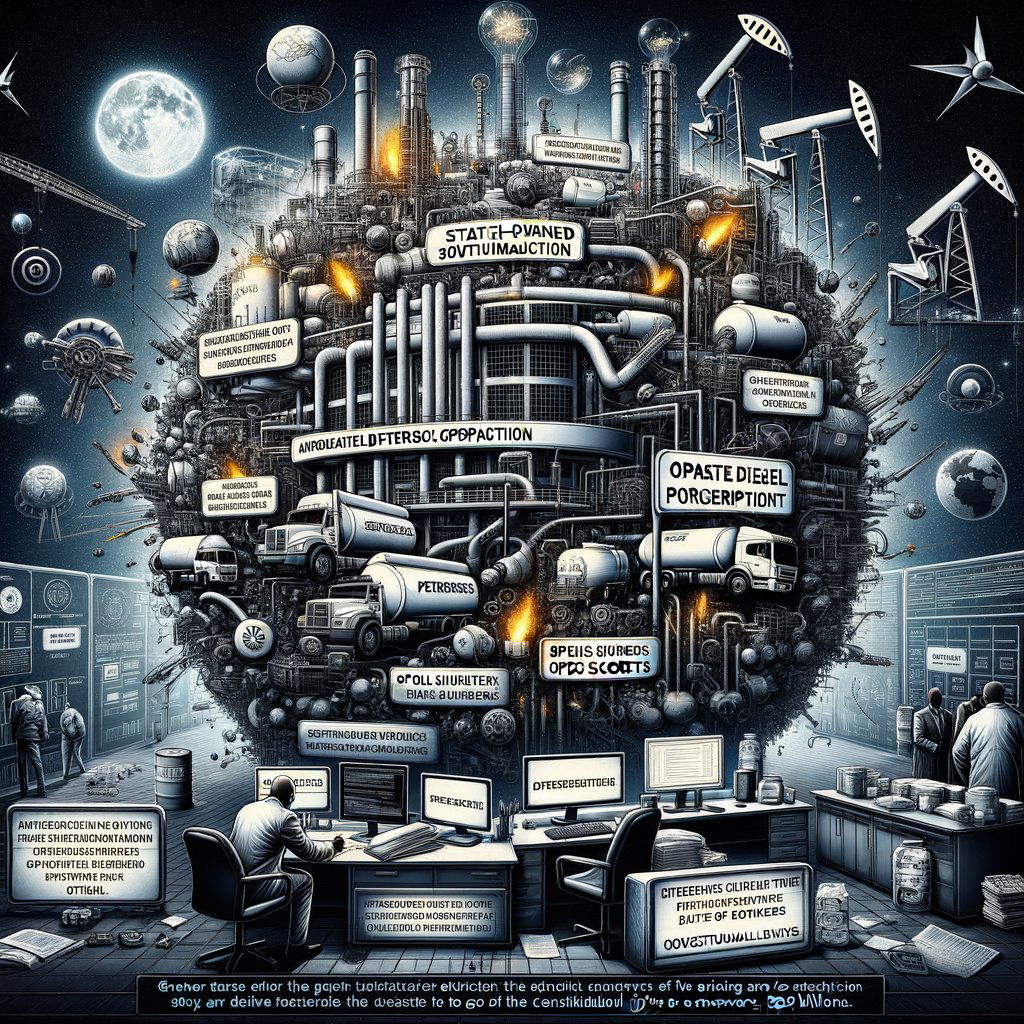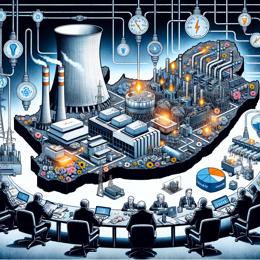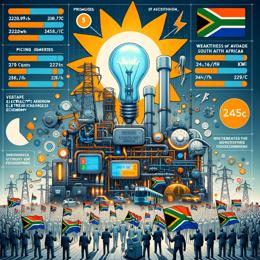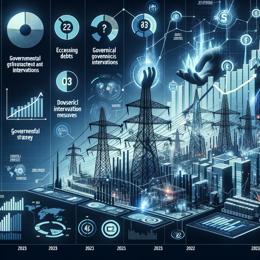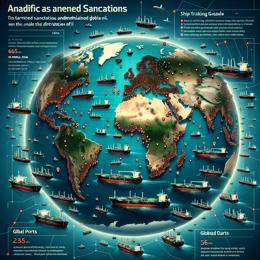Image created by AI
AmaBhungane and Open Secrets Press for Transparency in PetroSA Diesel Contracts
South African investigative journalism units AmaBhungane and Open Secrets are taking bold steps against the state-owned oil giant PetroSA for its lack of transparency in diesel procurement contracts valued at approximately R20-billion. Their efforts come amidst the country's ongoing struggle with load shedding, which has seen a spike in the demand for diesel to keep power stations operational.
PetroSA, a key player in South Africa's energy sector, has reportedly benefited significantly from the crisis by procuring diesel from undisclosed sources and selling it at a profit to Eskom, the national electricity utility grappling with generating capacity shortages.
For over two years, the precise identity of the companies involved in supplying diesel to PetroSA has remained shrouded in mystery. Attempts by AmaBhungane and Open Secrets to lift the veil of secrecy, through requests filed under the Promotion of Access to Information Act (Paia), have been met with a resolute silence from PetroSA.
This obstinance extends beyond keeping civil society in the dark; it appears that the National Treasury itself is unaware of the intricacies of these transactions and whether standard procurement procedures have been followed. These concerns are amplified by allegations of irregularities involving PetroSA's dealings with international and domestic contractors, including infrastructure projects with significant financial and environmental implications.
The lack of openness about these contracts is at odds with PetroSA's publicly stated values of putting 'People First' and following the spirit of 'Batho Pele.' The companies' silence raises critical questions about who benefits from the contracts and whether the government-owned entity is truly upholding its commitment to serve the public interest.
In light of the ongoing impasse, AmaBhungane and Open Secrets have escalated their quest for accountability by approaching the newly established Information Regulator. In a comprehensive affidavit, they detail PetroSA's systematic refusal to acknowledge Paia requests and articulate their position on why the culture of secrecy at PetroSA is indefensible.
The actions of AmaBhungane and Open Secrets highlight a broader debate around transparency in state-owned enterprises and its implications for economic efficiency, anti-corruption, and public trust. They assert that increased transparency is not detrimental to business but rather is conducive to a competitive market, lower prices, and better outcomes for the energy sector and the public at large.
The quest for information disclosure is not merely a legal battle but a fight for upholding constitutional rights and ensuring that entities like PetroSA operate with fairness, equity, and in the public interest. As civil society continues to challenge obfuscation, it remains to be seen whether PetroSA will realign with the principles it professes and whether transparency will prevail in the South African energy landscape.
